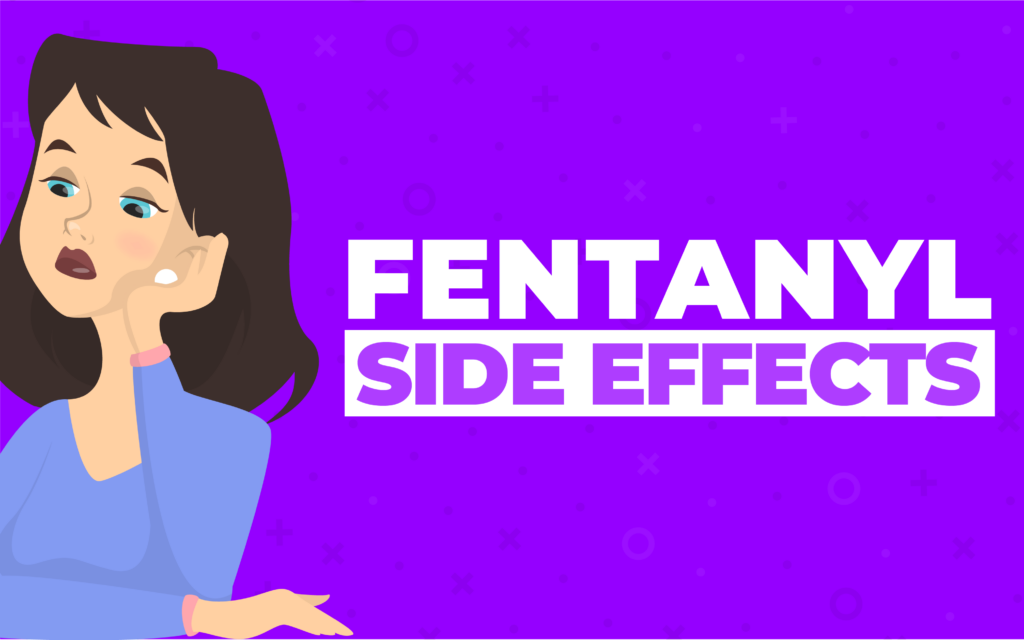Fentanyl is an opioid painkiller that reduces pain in patients after severe injury or major surgery. Because of its potency and how it affects the receptors in the brain, it’s currently a Schedule II drug by the Controlled Substance Act. This means that it is only accepted in the US for medical treatment while under strict restrictions. It also means that those who misuse the drug are at extremely high risk for fentanyl addiction. Knowing the possible fentanyl side effects will help you understand how dangerous the drug can be. It can also help parents know how to identify drug use in their loved ones.
Short Term Fentanyl Side Effects
One of the first steps in addiction education is to understand the effects these harmful substances have on the body and brain. When it comes to fentanyl side effects, you can categorize them as either short term or long term effects. This will depend on how long an individual uses the harmful substance. While many individuals abuse fentanyl for the short term effects of pain relief and euphoria, other effects can include:
- Weakness
- Vomiting and nausea
- Confusion
- Change in breathing and heart rate
- Constricted pupils
Long Term Fentanyl Side Effects
The longer an individual abuses fentanyl the more likely they are to experience long term fentanyl side effects. These side effects tend to be more serious than short term effects and can lead to health problems later in life. These include:
- Tolerance and addiction
- Depression
- Poor judgment
- Risky behavior
- Organ damage
Withdrawal Symptoms of Fentanyl
If an individual is experiencing a dependence on fentanyl, they will also experience withdrawal symptoms when they stop using. These symptoms are just as important as the fentanyl side effects because of how dangerous they can be. While the initial symptoms seem harmless, more severe conditions can occur.
- Chills and fever
- Extreme agitation
- Drops in blood pressure
- Seizures
It’s also important to understand that an individual is at a higher risk for overdose and death when they stop using fentanyl and then take a high dosage. The body builds a dependence over time, but can’t handle the same amount as before after the substance has left the body. This common mistake often leads to overdose deaths.
Zelus Recovery
If you believe your loved one is suffering from fentanyl side effects, it’s time to seek Boise addiction treatment programs. The teen drug rehab at Zelus Recovery can provide your loved one with the help they need to turn their life around. Our programs include early intervention services as well as outpatient options to help those in need. We also offer a variety of addiction therapy services for our clients. These therapies help them work through the issues that led to their addictions and get the help they need to prevent relapse. These therapies include:
- Psychotherapy
- Individual therapy
- Group therapy
- Family therapy
- Relationship therapy
- Dialectical behavioral therapy
- Cognitive-behavioral therapy
To learn more about our facility and to begin the admissions process, contact Zelus Recovery today at 208.518.0797. Don’t let your loved one continue to struggle with fentanyl side effects.





